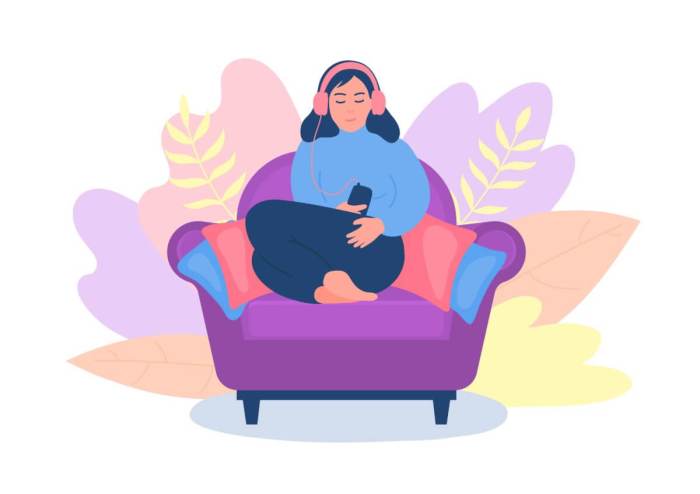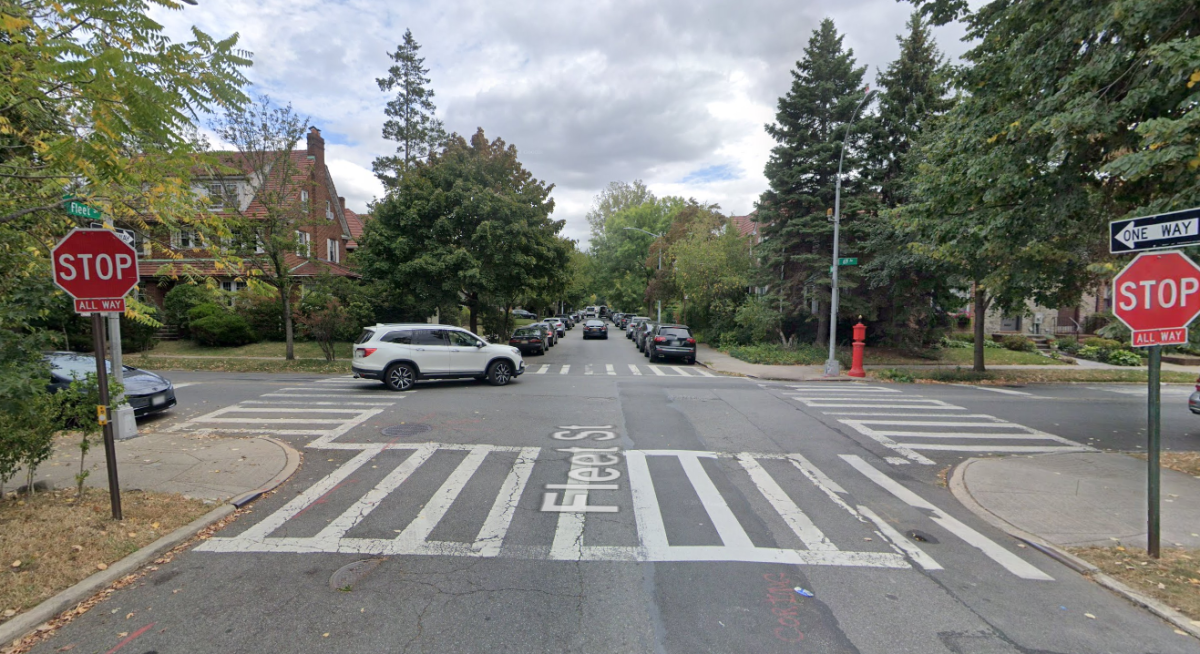
As the temperatures rise, so do the number of people working out outdoors. But a strenuous fitness regimen under the sun can pose its own health risks, from dehydration to heat illness. We asked Dennis A. Cardone, chief of primary care sports medicine at NYU Langone and orthopedic surgeon, for some tips on safely working out outdoors.
Time it right: “It’s better to exercise early in the morning or later in the day when the sun is not as strong,” Cardone says. “Avoid being out there at the hottest times of the day.”
Wear synthetic materials: “They do better at whisking away sweat and keeping you dryer, as opposed to cotton materials,” Cardone says.
Mix it up: If you’ve been taking it easy over the past few months, be sure to build up the intensity of your workout gradually and not start off too strong. “Alternate high impact with low impact,” Cardone says. “The general recommendation is to run every other day, alternating with something like cycling or swimming or the elliptical trainer indoors.”
Drink up: If you’re exercising under 60 minutes outdoors, water is fine. But anything longer than that and you should start supplementing with a sports drink, Cardone says. It’s also OK to drink when you’re thirsty, he adds, as opposed to drinking a certain amount of fluid every 15 or 30 minutes. “Most people don’t have to worry about overhydrating,” he says.
Get in sodium: Salt can help prevent cramping if you’re working out for extended periods of time outdoors. “If you’re going to supplement with sports drinks, it’s good to have some salt in the drink,” Cardone says. “Or eat some potato chips or pretzels beforehand.”
Watch your weight: Those who are working out hard outdoors during the summer should weigh themselves before and after a workout to monitor their fluid weight lost. “If you lose a pound, you can supplement after exercise with 16 ounces of fluid, as a good general rule,” Cardone says.
Know the warning signs: Heat illness ranges from heat distress and heat cramps to, most seriously, heat stroke. “Usually the big warning signs are some mental status change in the affected person — they’re not as alert or not responding appropriately to questions,” says Cardone, who recommends immediately going to shade, putting on dry clothes and doing a cold water immersion if heat stroke is suspected. Another way to monitor hydration is the color of your urine. “If your urine’s very dark, it suggests you’re behind on fluids, compared to a light-colored urine,” Cardone says.




































